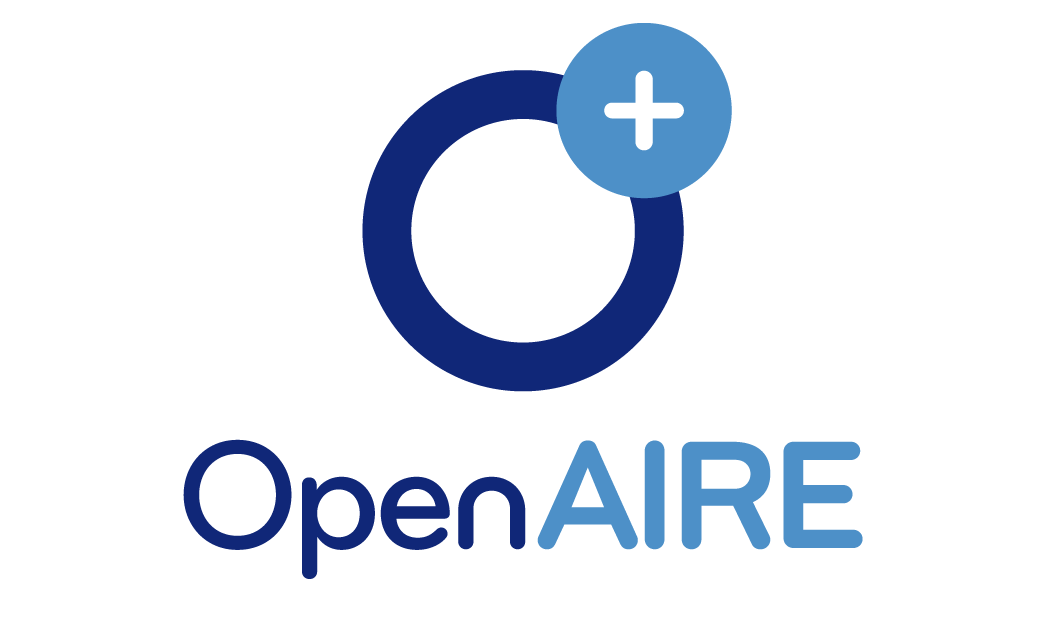THE BENEFITS OF ONLINE EDUCATION
Keywords:
flexible and cost effective, prestigious institutes, skills, knowledge, benefits and opportunitiesAbstract
Online education has revolutionized the way people learn by providing a convenient, flexible and cost-effective alternative to traditional classroom-based education. With the advancement of technology, students can now access a wide range of courses from prestigious institutes around the world from the comfort of their homes. This shift has not only democratized education, but also allowed people to develop their acquired skills and knowledge at their own pace, making it more accessible to the public, making education more personalized and inclusive. As online education continues to grow, it is changing the way we learn in a big way and offers many benefits and opportunities that meet the diverse needs of today's students.
References
1. M Orzikulova, G Rustamova. “Methods Of Improving Speaking Skills For Kids” Conference Proceedings: Fostering Your Research Spirit, 151-154, 2024.
2. H S Gafforov, N N Zubaydova. Gender and its effect on language acquisition Academic research in educational sciences 2 (5), 217-220, 2021.
3. R. A Utkurovich, R. G Utkurovna. “Teaching English Language To Primary Level Pupils At School” Ijodkor O’qituvchi 3 (36), 103-105, 2024.
4. N N Zubaydova. How to teach vocabulary Nofilolog oliy o’quv yurtlarida chet tilini o’qitishda uchraydigan muammolar …, 2019.
5. Jumayeva, M. (2022). Analysis Of The Views Of Scientists Of The Renaissance, Based On A Unique Approach To Pedagogy And Education And Upbringing. Science and Innovation, 1(5), 26-29.
6. Bekzodovna, J. M., & Akbarovna, D. G. (2023). Innovative Methods and Tools in Higher Education. Science and Innovation, 2(11), 708-715.
7. Sharipovna, R. S. Peculiarities Of Teaching English In Secondary Schools In Uzbekistan. International Journal of Innovations in Engineering Research and Technology, (2), 1-5.
8. Jumayeva, M., & Jumatova, B. (2023). Linguopragmatic Features Of Expressions Expressing Feelings In Uzbek And English Literary Texts. Science and innovation, 2(C12), 166-169.
9. Сулейманова, Н. М. (2017). Номинативный аспект речевого процесса. In Humanities and Social Sciences in Europe: Achievements and Perspectives (pp. 76-82).
10. Ikramboyevna, A. D., & Ikramboyevna, S. D. (2023). The Ways of Forming Secondary Nomination in Uzbek Language and Its Impact on Linguistics.




